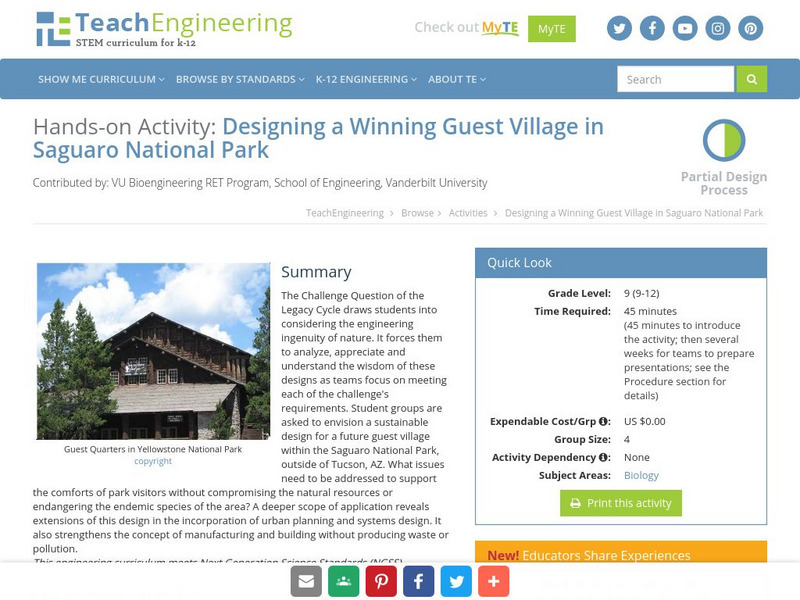PBS
Pbs Nature: Frogs and Toads
Do you know how to tell the difference between a frog and a toad? This site provides interesting facts and information about this type of amphibian from where they live to what they eat and more.
PBS
Nh Pbs: Nature Works: Margay
The Margay is a nocturnal feline that lives in Mexico and South America. The content of this source includes a look at this species' life cycle, habitat, characteristics, range, behavior. and diet.
American Museum of Natural History
American Museum of Natural History: Ology: What Do You Know About Stars?
Test your knowledge with this ten-question quiz on stars. Focusing on stars in the Milky Way galaxy, questions range from the life cycle of a star to the number of stars in our galaxy.
PBS
Nh Pbs: Nature Works: Long Tailed Weasel
Discover the Long-Tailed Weasel, a small carnivore that lives in various parts of North America. The content of this site includes a look at this species' behavior, characteristics, range, habitat, life cycle, and diet.
PBS
Nh Pbs: Nature Works: Red Headed Woodpecker
The red-headed woodpecker can be found in woodlands throughout the United States east of the Rocky Mountains. The content of this site includes information on the characteristics, habitat, life cycle, range, behavior and diet of this...
PBS
Nh Pbs: Nature Works: Semipalmated Plover
This site offers a clear and concise look at the Semipalmated Plover. The information covered in the source includes characteristics, habitat, life cycle, range, diet and behavior. You will also find clear photographs of this aquatic bird.
Read Works
Read Works: Genre 1st Grade Unit: Identifying Information in Nonfiction
[Free Registration/Login Required] A lesson in which students use the books Nature's Food Chains: What Polar Animals Eat by Joanne Mattern, Life Cycle of a Frog by Angela Royston, and Froggy Goes to School by Jonathan London to learn to...
PBS
Nh Pbs: Nature Works: Willow Ptarmigin
Identify what makes a Willow Ptarmigin unique in comparison with other types of Ptarmigins when you explore this site. This source provides information ranging from characteristics, life cycle, range, habitat, behavior and more of this...
PBS
Nh Pbs: Nature Works: Rock Ptarmigan
Discover how the Rock Ptarmigan lives in the Tundra when you check out this site. This resource features photographs, information on characteristics, life cycle and more.
PBS
Nh Pbs: Nature Works: Semipalmated Sandpiper
Explore the world of the Semipalmated Sandpiper. Students and teachers will benefit from this clear and concise resource. The concepts included in this source are characteristics, life cycle, behavior, diet, range, and habitat.
PBS
Nh Pbs: Nature Works: Florida Panther
Learn more about the Florida Panther through this educational site. Students will find information about habitat, life cycle, diet, behavior and more of this small cat.
PBS
Nh Pbs: Nature Works: Rock Squirrel
This site provides a look at the Rock Squirrel. Come and explore the characteristics, life cycle, diet, habitat, behavior and range of this fascinating rodent.
PBS
Nh Pbs: Nature Works: Marbled Salamander
The marbled salamander lives in forests and woodlands in the eastern part of the United States, where it is an endangered species in certain states. Students and teachers will find the content to include a look at the species' life...
PBS
Nh Pbs: Nature Works: Little Brown Bat
The little brown bat lives along streams and lakes in North America. It forms nursery colonies in buildings. In the winter it hibernates in caves and mines. The content of this resource includes a look at this species' range, habitat,...
PBS
Nh Pbs: Nature Works: Red Squirrel
The common red squirrel is found throughout most of North America in coniferous, deciduous and mixed coniferous-deciduous forests. This site features information ranging from characteristics, life cycle, diet, behavior, range and habitat.
PBS
Nh Pbs: Nature Works: Moose
The moose is the largest member of the deer family and the largest mammal in North America. Students will find information on its range, habitat, life cycle, behavior, and diet.
PBS
Nh Pbs: Nature Works: Reddish Egret
Find out what characteristics make the Reddish Egret unique. This resource features information about this aquatic bird found in the Gulf Coast in Texas and Louisiana and in the Gulf and Atlantic coasts of southern Florida.
My Science Site
Groundwater: Nature's Hidden Treasure [Pdf]
This resource provides an extensive unit on "The extent and importance of groundwater in Canada." Incorporates other subject areas other than science such as math, history, art and local research. A test is provided at the end and...
National Earth Science Teachers Association
Windows to the Universe: An Example of Evolution by Natural Selection
Examples of natural selection processes are well documented in life forms that have very rapid life cycles such as bacteria.
Massachusetts Institute of Technology
Mit: Open Course Ware: Courses: Civil Environmental: Ecology I: The Earth System
College-level online course highlighting the fundamentals of ecology. Course topics include coevolution of the biosphere, geosphere, atmosphere, and hydrosphere; photosynthesis and respiration; and the carbon, nitrogen, and water cycles....
Nature Research
Nature Education: Energy Economics in Ecosystems
This article discusses how plants and microorganisms, until recently, have mostly controlled how much carbon dioxide is released into an ecosystem, and explains how this process works. Humans' burning of fossil fuels has upset the...
Harvard University
Harvard Smithsonian: Everyday Classroom Tools
The focus of this series of lessons is to engage students in an exploration of the world around them. The emphasis is on inquiry as students learn about the earth, sun, light, shapes and more.
ArtsNow
Arts Now Learning: Magic Rocks [Pdf]
For this lesson, students work in groups with each acting as a predator, prey, or family member in a particular habitat. They present their habitat performance to the class and students identify the habitat and animal relationships....
TeachEngineering
Teach Engineering: Designing a Winning Guest Village in the Saguaro National Park
The Challenge Question of the Legacy Cycle draws the student into considering the engineering ingenuity of nature. It will force him to analyze, appreciate and understand the wisdom of these designs as the student team focuses on meeting...
Other popular searches
- Cycles in Nature Powerpoint
- Life Cycles in Nature
- Different Cycles in Nature
- Search Cycles in Nature
- Cycles in Nature Lab
- Cycles in Nature Maze


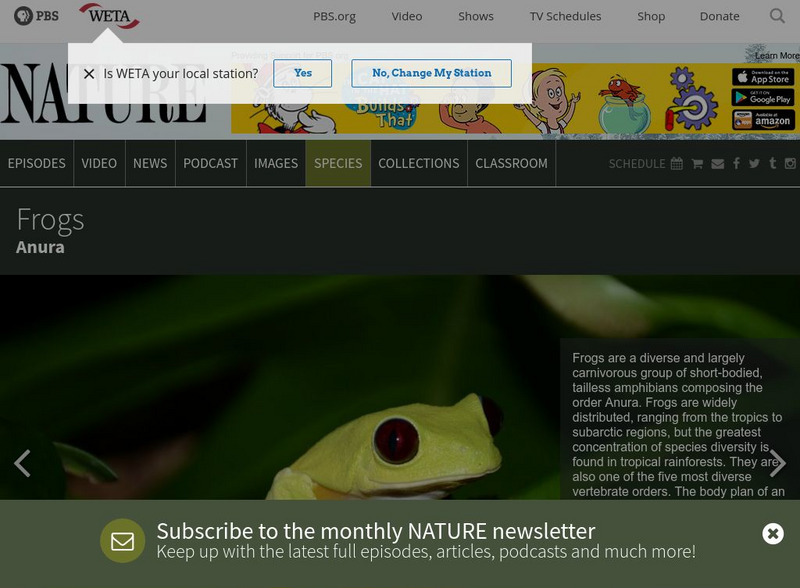




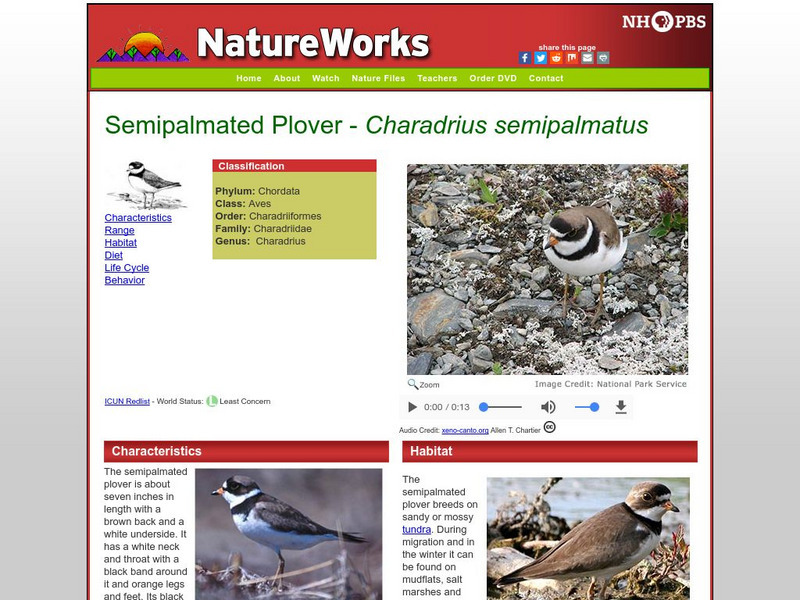
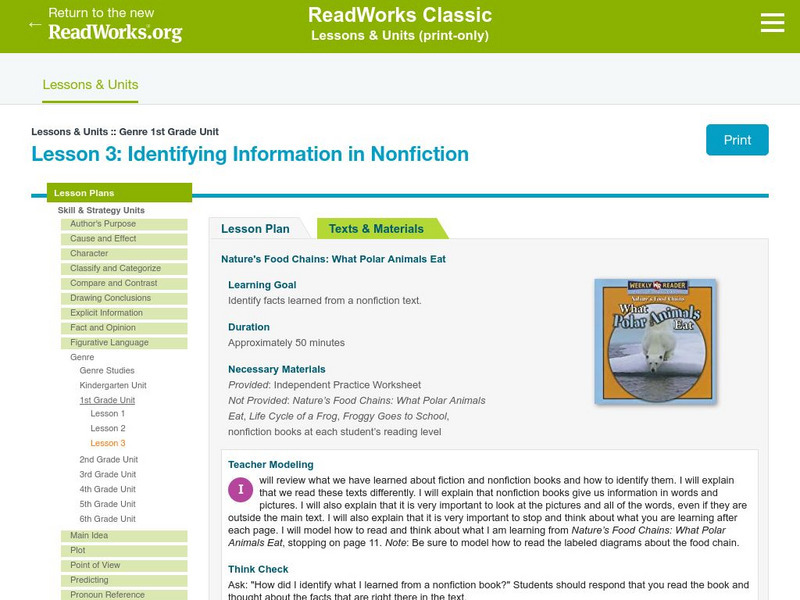

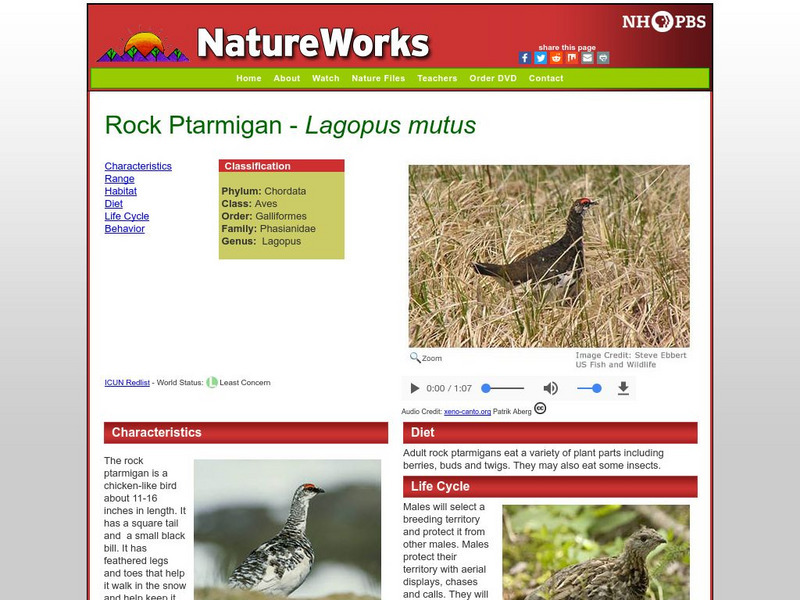
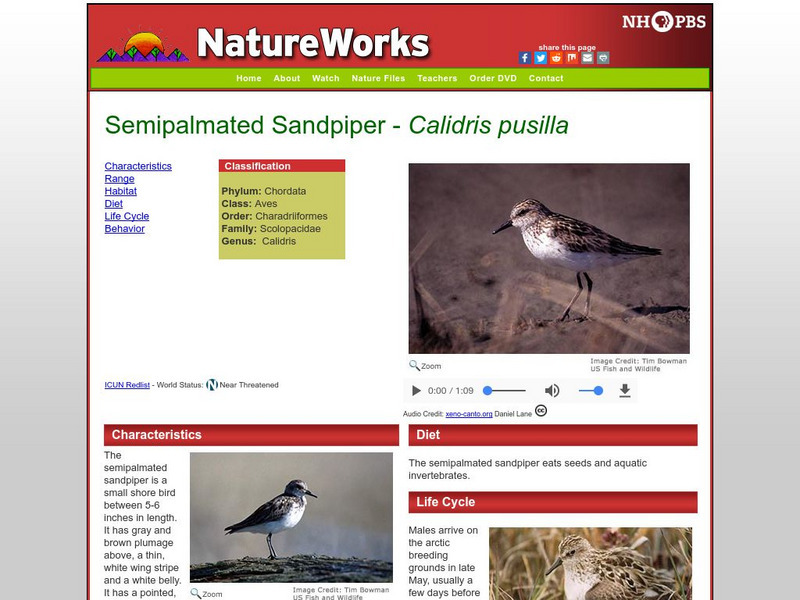

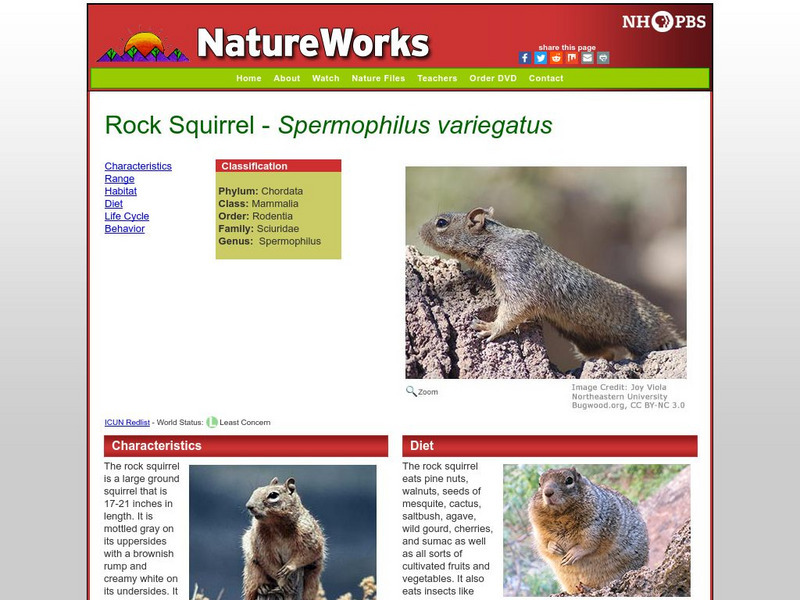
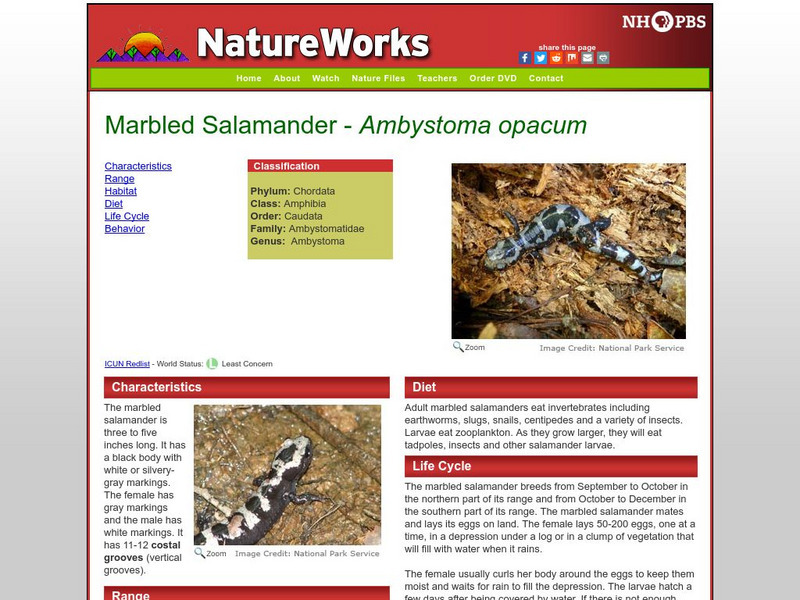



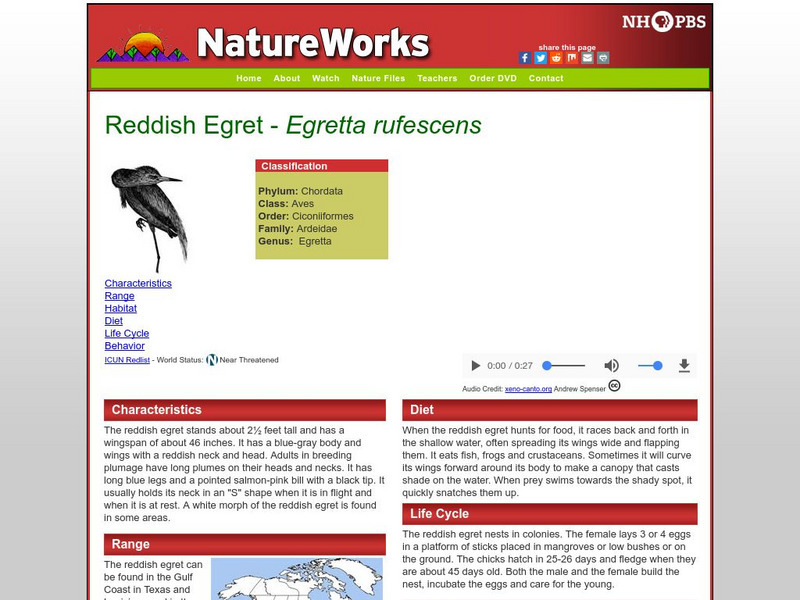
![Groundwater: Nature's Hidden Treasure [Pdf] Unit Plan Groundwater: Nature's Hidden Treasure [Pdf] Unit Plan](https://d15y2dacu3jp90.cloudfront.net/images/attachment_defaults/resource/large/FPO-knovation.png)




